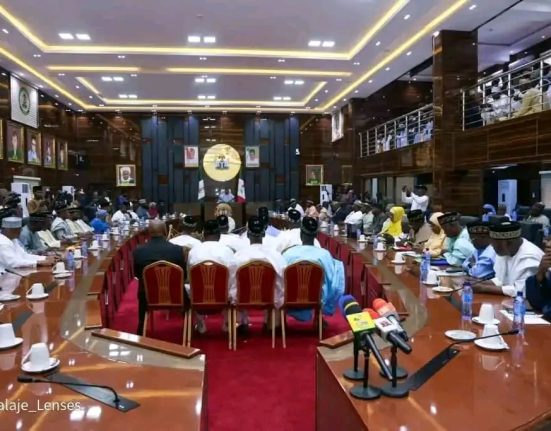Nigeria’s premier financial crimes watchdog, the Economic and Financial Crimes Commission (EFCC), has formally presented the Accountant General of Bauchi State and several alleged collaborators before a competent court on charges related to the misappropriation of N8.3 billion in public funds.
The high-profile arraignment, which took place yesterday, marks a significant escalation in the Commission’s ongoing crusade against financial impropriety within government circles. According to court documents provided the defendants face multiple counts of conspiracy, abuse of office, diversion of public funds, and money laundering.
Prosecutors allege that the Accountant General, as the chief financial officer of the state, orchestrated a sophisticated scheme that systematically siphoned billions from the state treasury over an extended period. The funds, meant for critical infrastructure and social services, were allegedly diverted through a complex web of shell companies and phantom projects.
“This case represents one of the most brazen attacks on public trust we have encountered in recent times,” said a senior EFCC official who spoke on condition of anonymity due to the sensitive nature of the ongoing prosecution. “The evidence gathered during our meticulous investigation reveals a disturbing pattern of deliberate financial sabotage against the people of Bauchi State.”
The arraignment has sent shockwaves through political circles in the North-Eastern state, with many observers noting that this could be just the beginning of a wider probe into financial management practices across various government departments. The defendants, who appeared visibly distressed during court proceedings, have maintained their innocence through their legal representatives.
Defence counsel has challenged the jurisdiction of the court and questioned the investigative procedures that led to the charges. However, the presiding judge overruled these preliminary objections and ordered that the trial proceed as scheduled.
Civil society organizations have welcomed the development, describing it as a necessary step towards accountability in public financial management. “This prosecution sends a powerful message that the era of treating public funds as personal piggy banks is coming to an end,” remarked a spokesperson for the Bauchi Citizens’ Accountability Network.
As the case progresses, financial analysts are paying close attention to the potential revelations about systemic weaknesses in state financial controls that may emerge during trial proceedings. The EFCC has promised to pursue the matter to its logical conclusion, regardless of the status or connections of those involved.
If convicted, the defendants face potentially lengthy prison terms and the forfeiture of assets acquired through the proceeds of the alleged crimes. The trial continues next week with the prosecution expected to present its first set of witnesses and documentary evidence.







